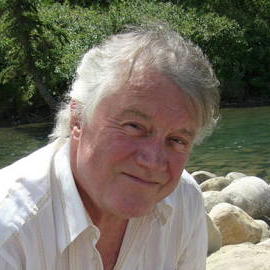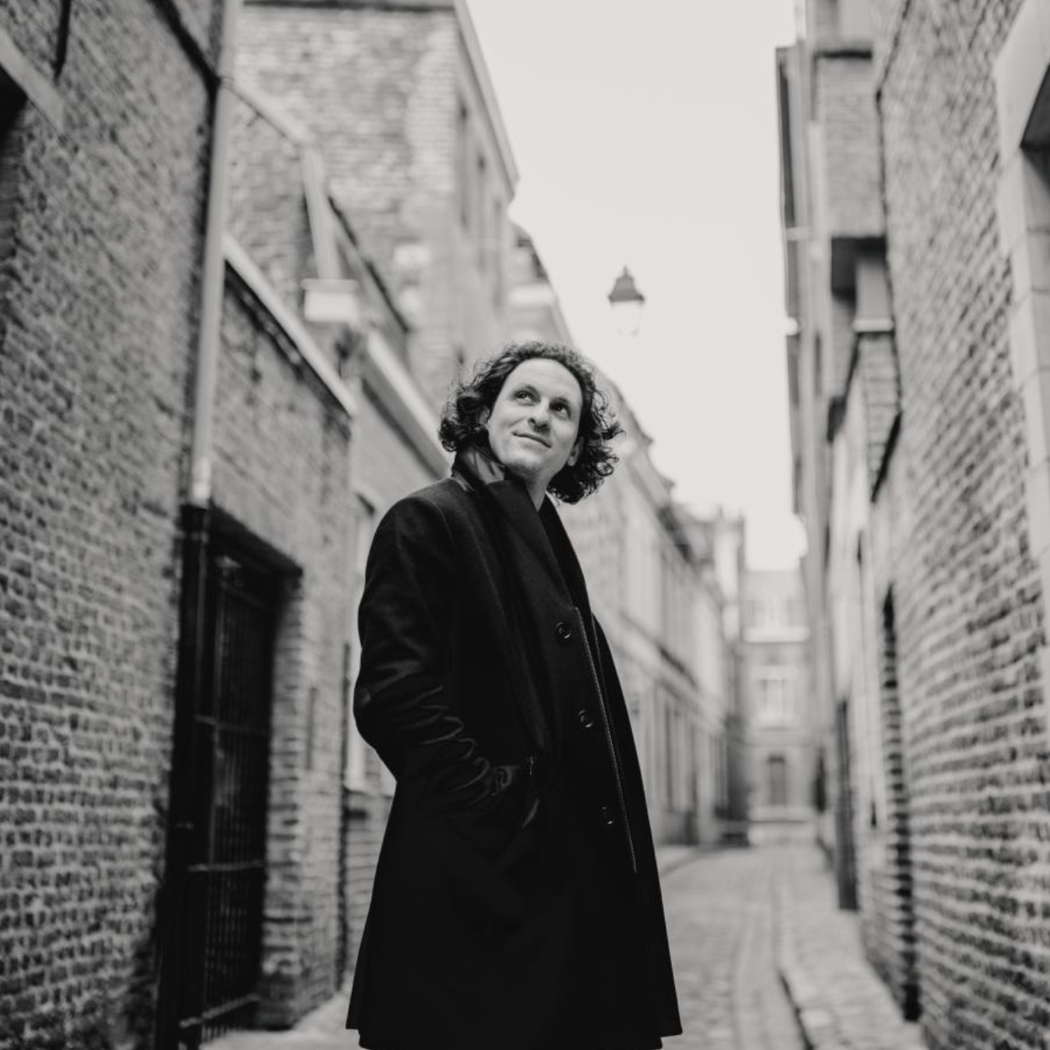 SPONSORED: The Many Hats of Allan Rae - A Birthday Greeting, by Endre Anaru.
SPONSORED: The Many Hats of Allan Rae - A Birthday Greeting, by Endre Anaru.
All sponsored features >>
ARTICLES BEING VIEWED NOW:
- Régine Crespin
- Hector Berlioz
- Ruth Railton
- Marián Varga
- Marina Koshetz
Bright and Dark
MIKE WHEELER listens to music by Johannes Brahms and Antonín Dvořák from Sunwook Kim, Alexandre Bloch and the Philharmonia Orchestra
With Alexandre Bloch and Sunwook Kim replacing, respectively, the advertised conductor and soloist, the Philharmonia Orchestra paired two major works from the 1880s that set each other off very effectively - Royal Concert Hall, Nottingham, UK, 1 May 2024.
Brahms' Piano Concerto No 2 was launched by Ben Hulme's tranquil horn solo. Kim replied in kind, before pouncing like a tiger on his next theme. Conductor, pianist and orchestra hung on tight to the music's expressive twists and turns – at times fiery enough to evoke the turbulence of Brahms' First Piano Concerto, at others able to make the storm and stress simply melt away.

Sunwook Kim. Photo © Marco Borggreve
There was more tigerish pouncing at the start of the second movement, offsetting a disembodied high violin line. The chiming figure in the trio section balanced depth of bass tone and bright upper strings, before returning to the opening music, which I don't think I've ever heard sound so angry.
Alice Neary's cello solo, opening the door into the third movement, was the perfect response, the calm after the storm. Kim stole in gently, and the movement had a profound healing quality. There was still some turbulence to be laid to rest, but the calmness over the later pages was breathtaking, with Neary duetting delightfully with, first, Timothy Rundle, oboe, then Charlotte Ashton, flute.
The fourth movement was full of bounce and bubbling good humour, thanks to Brahms' sublimation of his beloved gypsy music, with an almost casual air at times. The quiet look inward before the final scamper was effectively touched in. Throughout, Kim wore his virtuosity lightly, weighty or delicate, as required, and always ready to step back when his orchestral colleagues had the spotlight.
If Brahms' Second Piano Concerto is mostly bright with dark patches, Dvořák's Symphony No 7 is, in many ways, the reverse, in its conscious attempt to meet the challenge of Brahms' Third Symphony. The opening cello theme was both subdued and charged with an expectation that built steadily to the first big orchestral tutti. The lighter moments were buoyant, with clear, bright woodwind sonorities, and momentum was well maintained in those passages where Dvořák drops the emotional temperature. There was no holding back on the overall turbulence, either.
But Dvořák can't help being himself, even when he's emulating Brahms. There was a wistful pastoral quality to the start of the second movement, with Maura Marinucci's singing clarinet solo at the start, and warm, mellow tone from the horns, with Ben Hulme, again, taking the lead, in the second theme. After an eruptive central climax, the ending combined engaging freshness with a degree of uncertainty.
The Scherzo's furiant rhythms were full of vitality, with just the right springy lilt, while allowing for the underlying turbulence to break the surface in the climaxes. The trio section's rustic open-air quality was given space, as were the typically Dvořákian thoughtful moments before the end, without undermining the drive and energy of the whole. This spilled over into the finale, which verged on the ominous from the start. The entire movement had an electric charge which maintained its grip throughout, all the way to the tragic dénoument.

Alexandre Bloch. Photo © Marco Borggreve
The audience responded enthusiastically, and Alexandre Bloch blew us all a kiss as he left the stage for the last time.
Copyright © 11 May 2024
Mike Wheeler,
Derby UK



